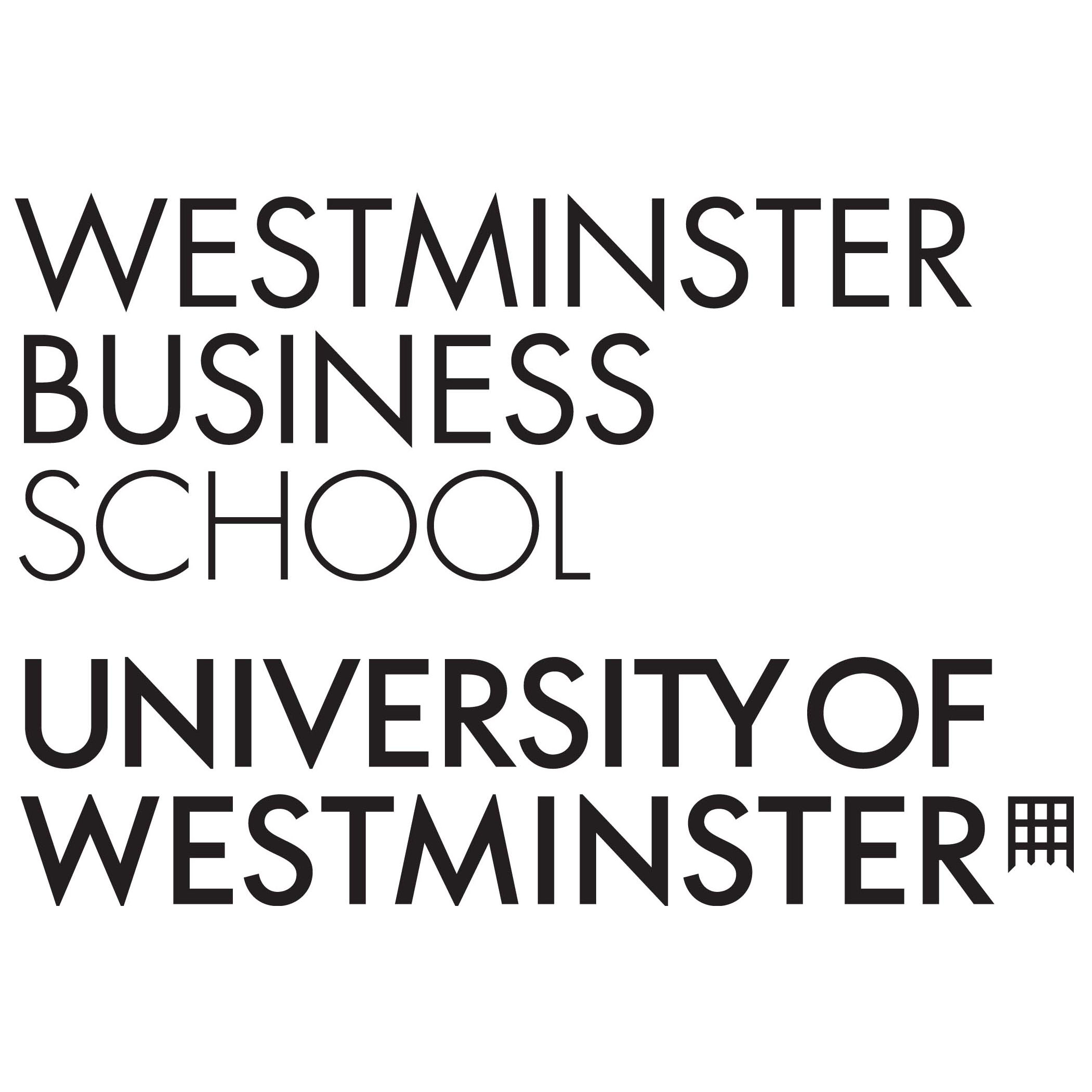Let’s work together to contribute to a greener Westminster University and make sustainable choices in our own lives.
Our choices every day can impact our future, and becoming greener is important for us and our planet, according to the statistics, global waste generation has surged in recent decades, surpassing two billion metric tons of municipal solid waste (MSW) annually, and projections indicate a 70 per cent increase by 2050 (Alves, 2023).
What is waste generation? is the production of excessive waste, including non-biodegradable materials, which contributes to landfill problems and pollution. Managing and disposing of waste in an environmentally friendly manner is a significant challenge.
So, what can we do as individuals? Why we do not start thinking about what can we do as students? Let’s discover these 8 initiatives to become more sustainable in our little.
1 Use the reusable coffee, bottle cup and reusable containers.
Embrace sustainability and eco-friendliness in your daily routine by choosing reusable alternatives such as coffee cups, water bottles, and containers. Make a positive impact on the environment by reducing single-use waste and embracing a sustainable lifestyle (Ohelo,2022) (Scotland, 2024).
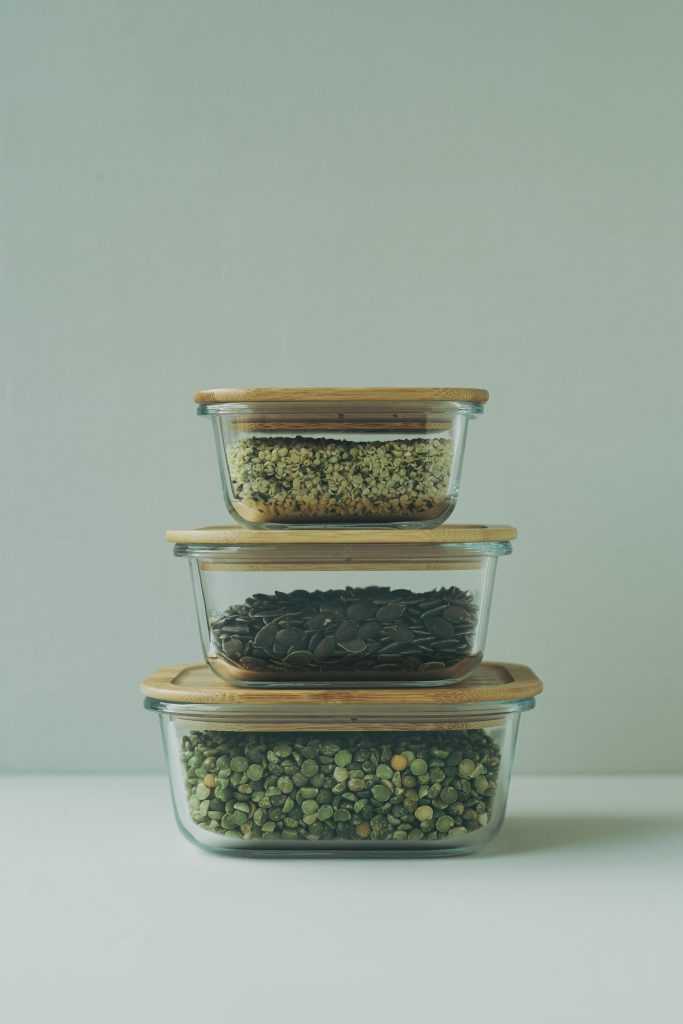
At the university, we have water fountains equipped with filters, providing safe drinking water for all students. These fountains also have a feature that tracks and displays the number of plastic bottles saved each time you refill your reusable bottle. It’s a simple way to encourage and measure our collective efforts in reducing single-use plastic waste (The Water Cooler Company,2023).
2 Buy clothes or shoes second-hand.
Make a stylish statement while treading lightly on the planet—choose the eco-friendly path by purchasing clothes and shoes second-hand. Embracing pre-loved fashion not only adds a unique touch to your wardrobe but also plays a part in reducing the environmental footprint of the fashion industry, promoting a more sustainable and circular approach to dressing (Glenn Agung Hole, 2023).
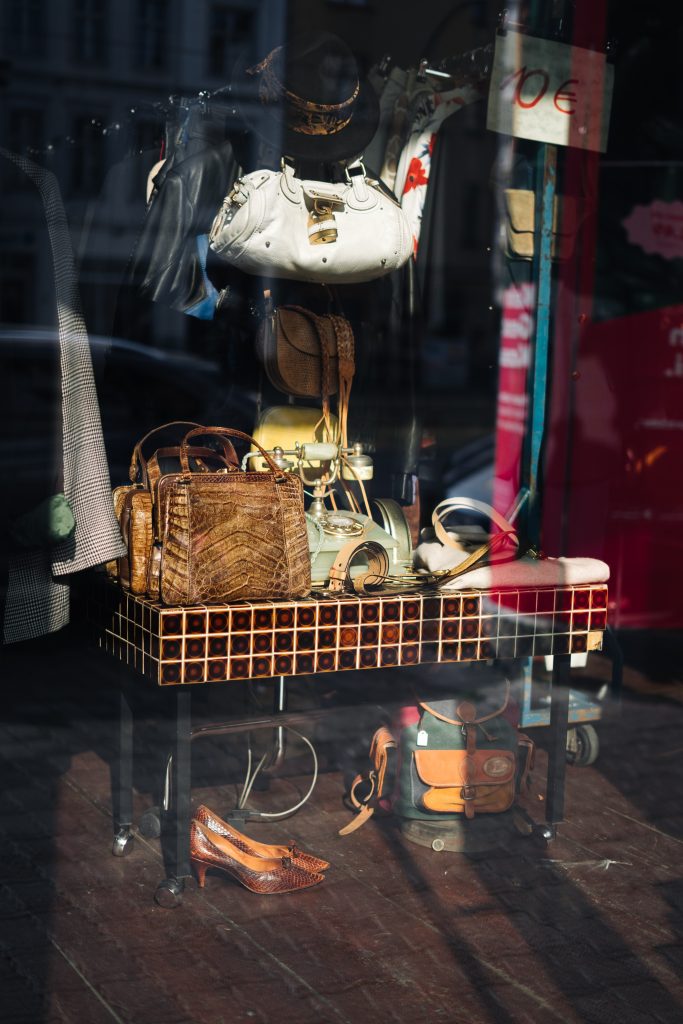
3 Commutes with public transport or a rental bike.
opt for an eco-conscious commute to the university by choosing public transport or hopping on a rental bike. By embracing sustainable transportation options, you contribute to a greener environment and reduce your carbon footprint on campus (Transport for London | Every Journey Matters, 2023).
Refer to this link for additional details on bike rentals:
https://tfl.gov.uk/modes/cycling/santander-cycles/register-for-your-own-key#on-this-page-3
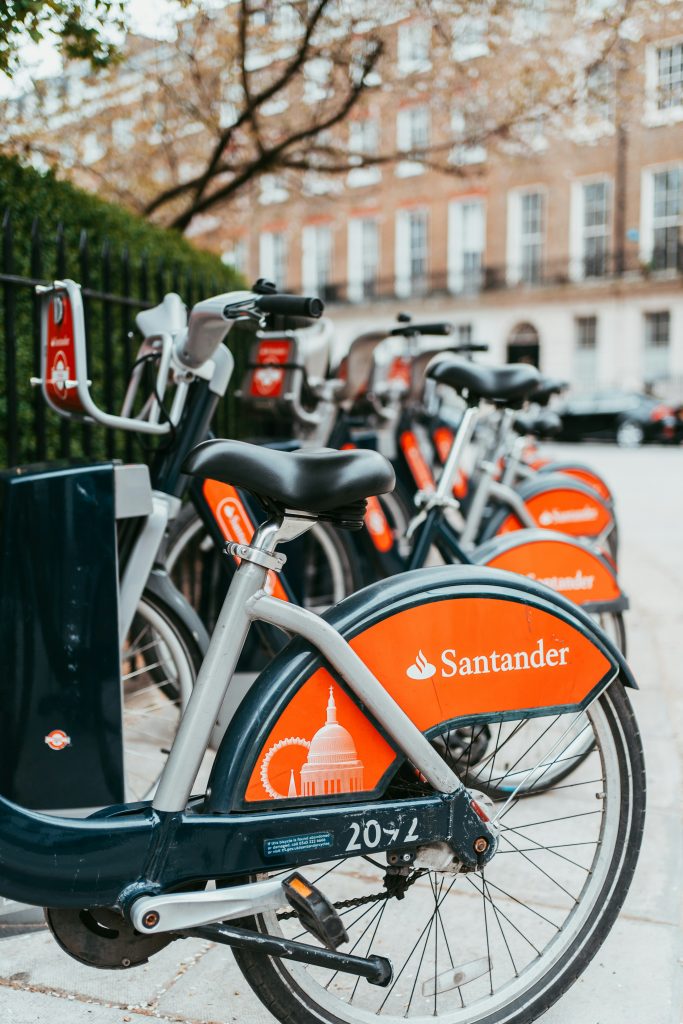
4 Purchase your tech refurbished or second-hand.
Make mindful decisions in your tech purchases by choosing refurbished or second-hand devices. This not only saves you money but also reduces electronic waste, promoting a sustainable and circular approach to technology consumption (Ethical Consumer, 2023).
Refer to this link for additional details on refurbished tech:
https://www.backmarket.co.uk/en-gb
5 Don’t waste water:
Save water every day by turning off taps when not needed, fixing leaks, and using water wisely. Your simple actions can make a big difference in preserving this vital resource for the future (Matthews, 2023).

6 Save Energy:
Turn off lights and electronics when not in use. Use energy-efficient light bulbs. Unplug chargers and devices when they’re not in use (WWF, 2020).
7 Choose an Eco-friendly product.
Embark on a greener lifestyle by choosing eco-friendly products. From reusable wonders to minimal packaging, each conscious choice brings us closer to a sustainable future Invest in quality items that last longer. (Clarke, 2021).
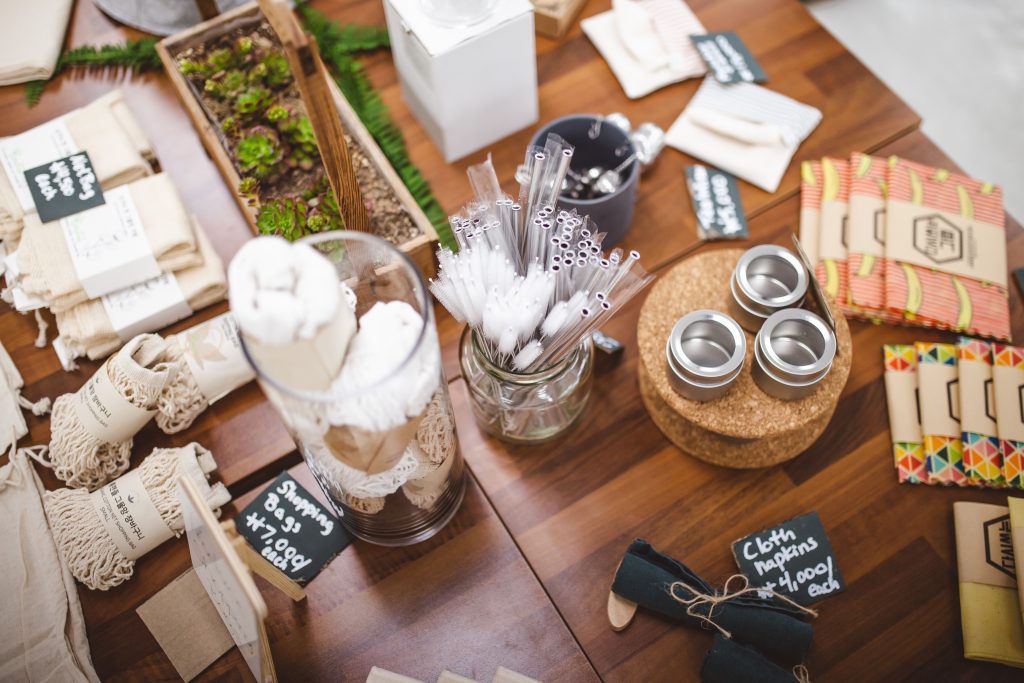
8 Prevent food waste:
Buy wisely, plan meals, and embrace ‘ugly’ produce. Reuse: Get creative with leftovers and donate excess. Recycle: Separate organic waste and compost, and avoid incineration and landfills for a greener approach (Bolt, 2023).
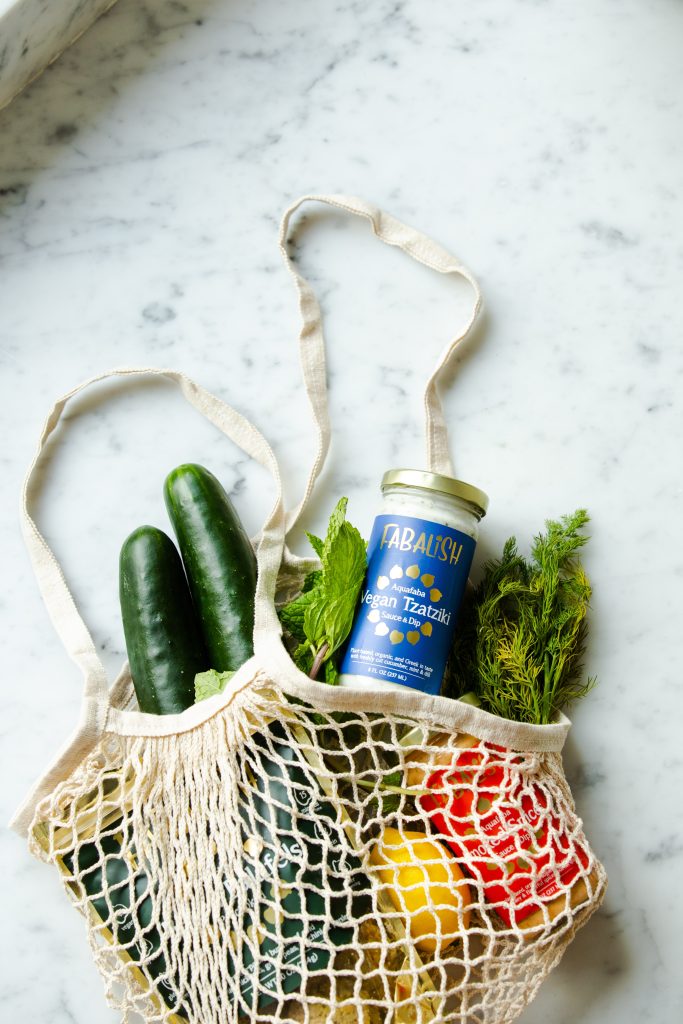
For instance, at our Marylebone campus, we have a Costa Coffee shop. When you bring your recyclable cup, you not only save money but also contribute to the planet’s well-being. This practice not only allows you to spend less and enjoy more coffee but also alleviates any guilt associated with using a plastic lid and a paper cup for just one drink. Remember, if you use it, please recycle it!
Since starting university in 2021, I’ve committed to reducing my carbon footprint and being mindful of single-use items like paper cups and plastic bags. Santander Bank’s student offer of a 25% discount on the annual bike rental subscription, priced at £90 in 2022, has been instrumental. By opting for biking over public transport, I not only lower my carbon footprint but also enjoy cost savings. This, in turn, enables me to invest in more sustainable products and make greener choices during my food shopping, contributing to both personal and environmental well-being.
Opting for a reusable coffee cup not only benefits you but also contributes to a significant reduction in general waste for both individuals and coffee shops. Consider that a single coffee consumption without a reusable cup results in multiple items going to the bin, significantly increasing overall waste. In the global context, with nearly 176 million 60-kilogram bags of coffee consumed in 2021/2022, small changes in individual behaviour can have a substantial impact on waste reduction (M. Ridder, 2023).
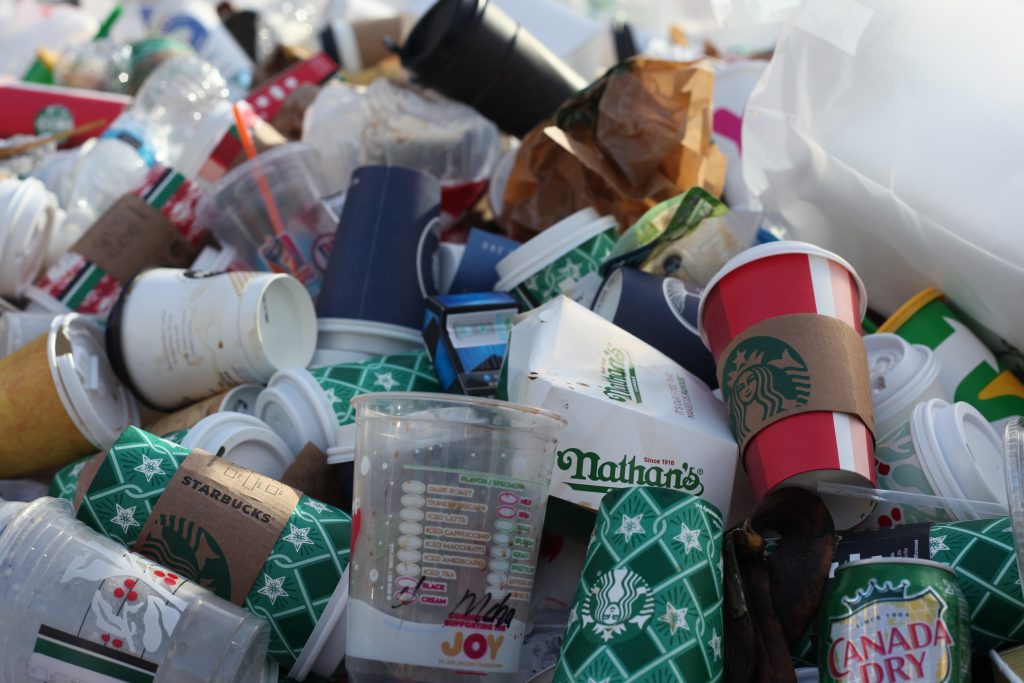
Personally, in my daily routine of attending classes and commuting to the university, I consistently use my reusable coffee cup. By making my hot drink for the first part of the lesson and later getting coffee at the university, I estimate saving around 144 disposable cups in an academic year. While this number may seem modest on an individual level, the collective impact could be remarkable if all Westminster students adopt a similar approach. Together, our efforts can contribute to a more sustainable and eco-friendly university environment.
Take the next step in making Westminster University a greener and more sustainable space. Join us in embracing these initiatives and implementing them into your daily routine. Every small change makes a significant impact, and together, we can contribute to an eco-friendlier environment. Share these initiatives with your friends, inspire others to make sustainable choices, and let’s create a community committed to positive environmental change. It starts with you, and your actions can set the tone for a more sustainable future at Westminster University.

Clarissa Codalonga
08-01-2024
Reference :
Alves, B. (2023) Topic: Waste generation worldwide, Statista. Available at: https://www.statista.com/topics/4983/waste-generation-worldwide/#topicOverview (Accessed: 03 January 2024).
Bolt (2023) Five steps for reducing food waste, Bolt Blog. Available at: https://bolt.eu/en/blog/five-steps-for-reducing-food-waste/ (Accessed: 03 January 2024).
Clarke, H. (2021) 48 Eco Friendly Products you can buy today to stop plastic pollution, Onya UK. Available at: https://onyalife.co.uk/eco-friendly-products/ (Accessed: 03 January 2024).
Cycle lifestyle (2020) Cycle lifestyle, Cycle Lifestyle. Available at: https://www.cyclelifestyle.co.uk/ (Accessed: 03 January 2024).
Ethical Consumer (2023) Buying refurbished and second-hand tech, Ethical Consumer. Available at: https://www.ethicalconsumer.org/technology/buying-second-hand-tech (Accessed: 03 January 2024).
Glenn Agung Hole, Ph.D. (2023) The benefits of buying and reusing secondhand clothes, LinkedIn. Available at: https://www.linkedin.com/pulse/benefits-buying-reusing-secondhand-clothes-dr-glenn-hole-ph-d-/ (Accessed: 03 January 2024).
M. Ridder and 17, O. (2023) Global Coffee Consumption 2021/21, Statista. Available at: https://www.statista.com/statistics/292595/global-coffee-consumption/ (Accessed: 05 January 2024).
Matthews, K. (2023) 8 ways to reduce your water waste, Green Living Journal. Available at: https://www.greenlivingpdx.com/8-ways-to-reduce-water-waste/ (Accessed: 03 January 2024).
Scotland, Z.W. (2024) Zero waste Scotland, Zero Waste Scotland. Available at: https://www.zerowastescotland.org.uk/resources/environmental-benefits-reusable-plastic#:~:text=If%20reusable%20cups%20replaced%20single,of%20200%20million%20SU%20cups). (Accessed: 03 January 2024).
The Water Cooler Company (2023) University of Westminster, The Water Cooler Company. Available at: https://www.thewatercoolercompany.com/case-studies-university-of-westminster (Accessed: 05 January 2024).
Unsplash (2024) Beautiful free images & pictures, Unsplash. Available at: https://unsplash.com/ (Accessed: 08 January 2024).
WWF (2020) Energy efficiency in the home and Office, WWF. Available at: https://wwf.panda.org/act/live_green/energy_efficiency/ (Accessed: 03 January 2024).
